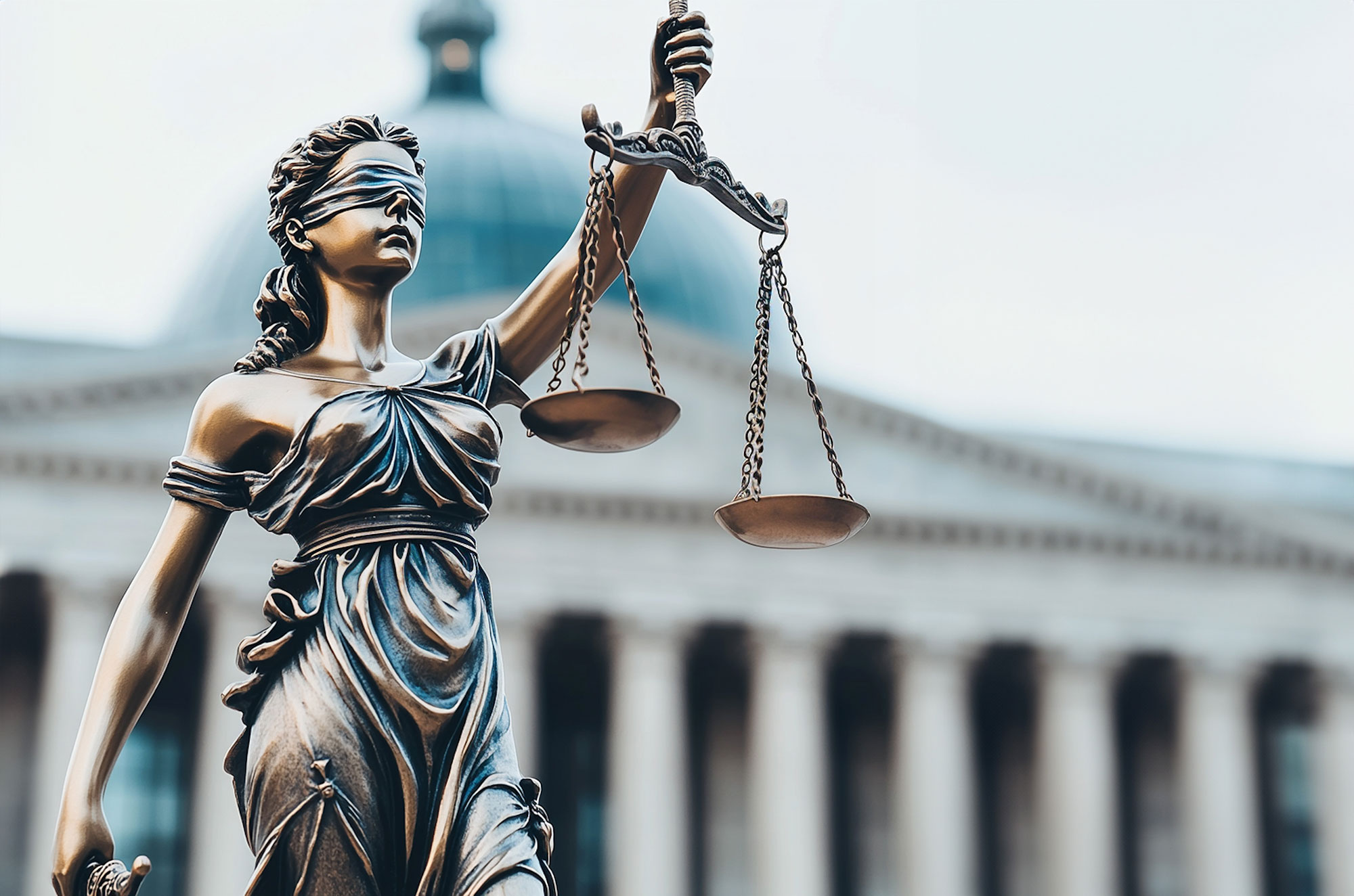In the American justice system, one of the most powerful tools an individual possesses is knowledge of their legal rights. From interactions with law enforcement to navigating the courtroom, understanding your rights ensures that you’re not only protected under the law but also empowered to assert your freedoms. This comprehensive guide provides a deep dive into your legal protections under U.S. law, demystifying constitutional guarantees and everyday rights that often come into play.
Chapter 1: Constitutional Foundations
The foundation of your rights stems from the U.S. Constitution, particularly the Bill of Rights. These first ten amendments outline protections that apply to all individuals within the United States.
- First Amendment – Grants freedom of speech, religion, press, assembly, and petition. This protects your right to express opinions publicly, practice (or not practice) religion, and voice concerns to the government.
- Fourth Amendment – Protects against unreasonable searches and seizures. Law enforcement generally needs a warrant or probable cause to search you or your property.
- Fifth Amendment – Includes the right to remain silent, protection against double jeopardy, and guarantees due process of law. You cannot be forced to incriminate yourself.
- Sixth Amendment – Guarantees the right to a fair and speedy trial, a public trial, an impartial jury, legal counsel, and the right to confront witnesses.
- Eighth Amendment – Prohibits excessive bail and cruel and unusual punishment.
These constitutional rights serve as your baseline protections, especially in criminal matters.
Chapter 2: During Police Encounters
Knowing what to do when approached by law enforcement can make a significant difference in how a situation unfolds.
Your Right to Remain Silent
You are not required to answer questions beyond identifying yourself in some states. If questioned, you can state clearly, “I am exercising my right to remain silent.”
Your Right to Refuse Consent to a Search
You do not have to consent to a search of your person, car, or home unless the police have a warrant or probable cause. Clearly state, “I do not consent to this search.”
Right to an Attorney
If you are arrested, you have the right to speak with an attorney. It’s important to request one immediately and not say anything until your attorney is present.
Recording Interactions
In many jurisdictions, you are allowed to record police encounters as long as you do not interfere with their duties. This can provide valuable documentation if your rights are violated.
Chapter 3: Rights When Arrested
The moment you are placed under arrest, a different set of legal protections come into play.
Miranda Rights
Law enforcement is required to inform you of your right to remain silent and your right to an attorney before any interrogation. If they fail to do so, statements you make may be inadmissible in court.
Detainment vs. Arrest
Being detained means the police are holding you temporarily based on reasonable suspicion. An arrest, however, requires probable cause that you have committed a crime. Understanding this distinction helps you gauge your situation and assert your rights properly.
Searches Incident to Arrest
Once arrested, police may search your person and immediate surroundings. However, they cannot automatically search your phone or home without additional legal justification.
Chapter 4: Rights in Court
Navigating the court system can be daunting, but several rights protect you throughout this process.
Presumption of Innocence
You are presumed innocent until proven guilty. The burden of proof lies with the prosecution.
Right to a Public Trial
You are entitled to have your case heard in a public forum, which promotes transparency and fairness.
Right to a Jury Trial
In criminal cases, you generally have the right to be judged by a jury of your peers, unless you choose a bench trial (where the judge decides the case).
Right to Legal Counsel
If you cannot afford an attorney, the court must appoint one for you. It’s vital to exercise this right to ensure a fair trial.
Right to Confront Witnesses
You have the right to cross-examine witnesses who testify against you, allowing your attorney to challenge their credibility.
Chapter 5: Civil Rights Protections
Beyond criminal law, U.S. citizens and residents enjoy broad civil rights protections under federal law.
Equal Protection Clause
The 14th Amendment ensures that all individuals receive equal protection under the law, prohibiting discriminatory treatment by the government.
Right to Vote
Voting rights are protected by several constitutional amendments and federal laws, such as the Voting Rights Act of 1965.
Workplace Protections
Federal laws like Title VII of the Civil Rights Act and the Americans with Disabilities Act protect against employment discrimination based on race, gender, religion, national origin, and disability.
Housing and Education Rights
The Fair Housing Act and Equal Educational Opportunities Act help ensure access to housing and education free of discrimination.
Chapter 6: Rights in Civil Litigation
Legal protections aren’t limited to criminal cases. If you’re involved in a civil dispute, such as a lawsuit over a contract or personal injury, you also have important rights.
Right to Due Process
Just as in criminal cases, civil litigants are entitled to notice and an opportunity to be heard before a court.
Right to File a Lawsuit
Anyone who has been wronged has the right to file a civil lawsuit seeking damages or other remedies.
Right to a Jury Trial (in some civil cases)
While not guaranteed in all civil matters, you may have the right to a jury trial depending on the nature of the case.
Discovery Rights
Parties in civil cases can request evidence from each other through the discovery process, which is vital for building a case.
Chapter 7: Protecting Your Rights
Understanding your rights is only part of the equation—knowing how to protect and assert them is just as critical.
Stay Calm and Be Polite
Even when asserting your rights, always remain respectful and composed. Escalating a situation verbally or physically can hurt your case.
Document Everything
If your rights are violated, write down everything you remember—names, badge numbers, times, locations, and witnesses.
Speak with a Lawyer
If you believe your rights have been violated, consult with an attorney who specializes in the relevant area of law.
Use Legal Resources
Organizations like the ACLU, Legal Aid, and state bar associations offer valuable resources and sometimes even legal representation.
Empowerment Through Knowledge
Your rights are the backbone of your legal protection in the United States. They ensure that you are treated fairly, that power is balanced, and that justice is accessible to all. Whether it’s a police encounter, a courtroom battle, or a civil dispute, knowing your rights gives you the confidence to navigate the legal system.
Stay informed, stay aware, and don’t be afraid to assert your legal protections. They exist for a reason—so that you are never powerless in the face of authority. Knowledge of your rights is not just a defense; it is your first step toward justice.















